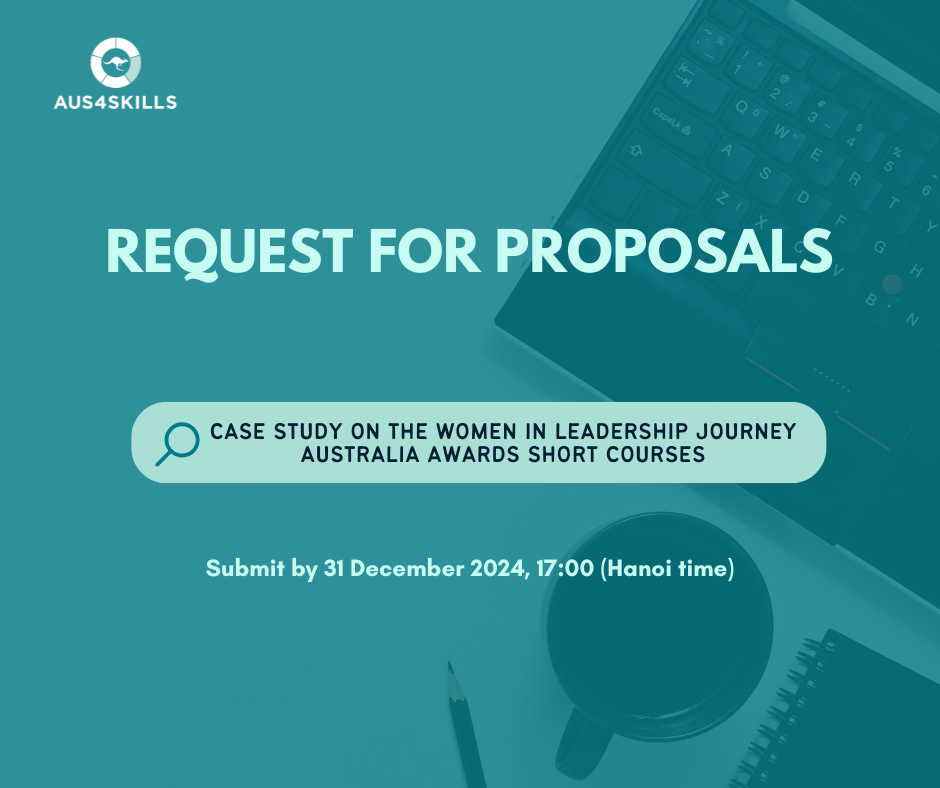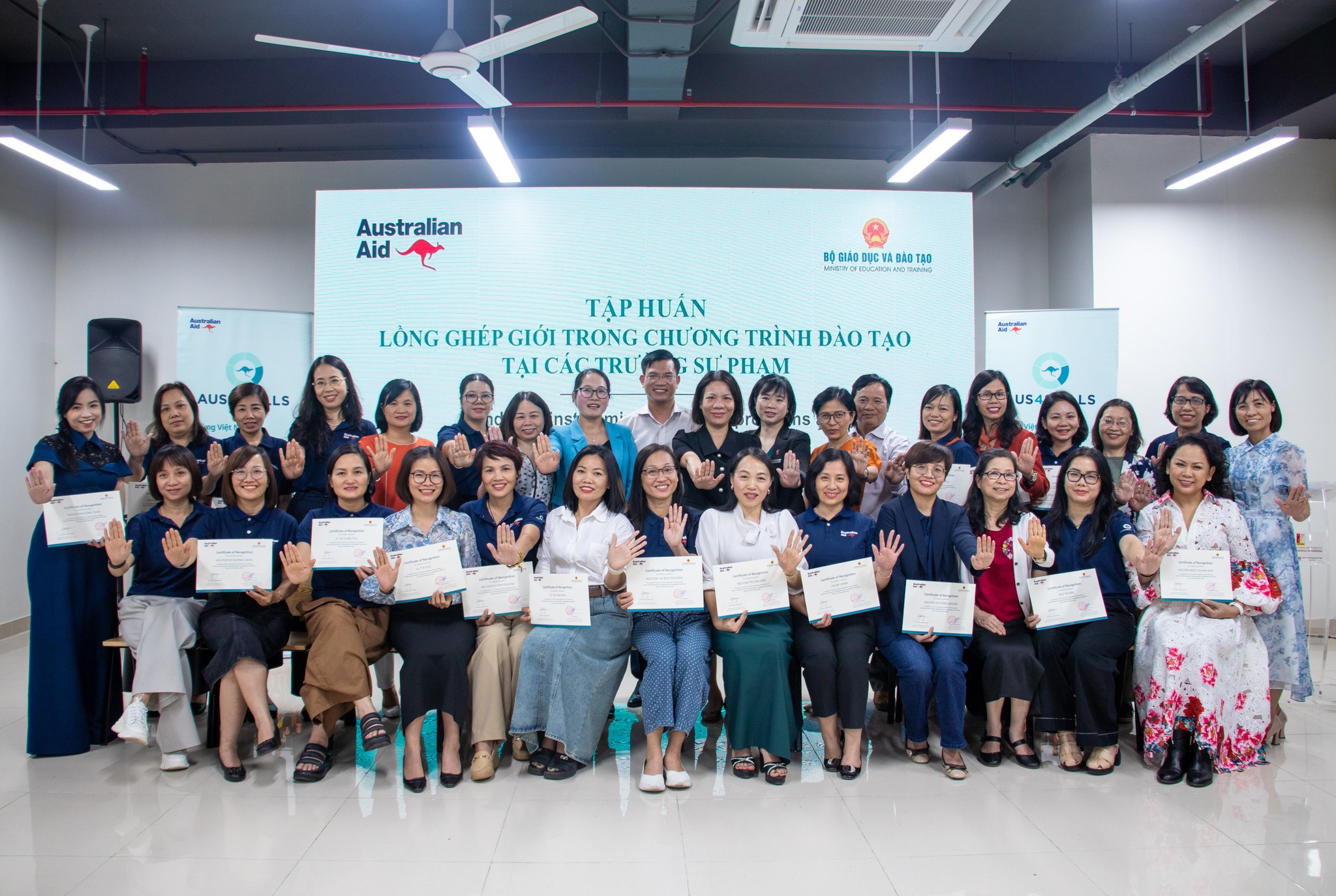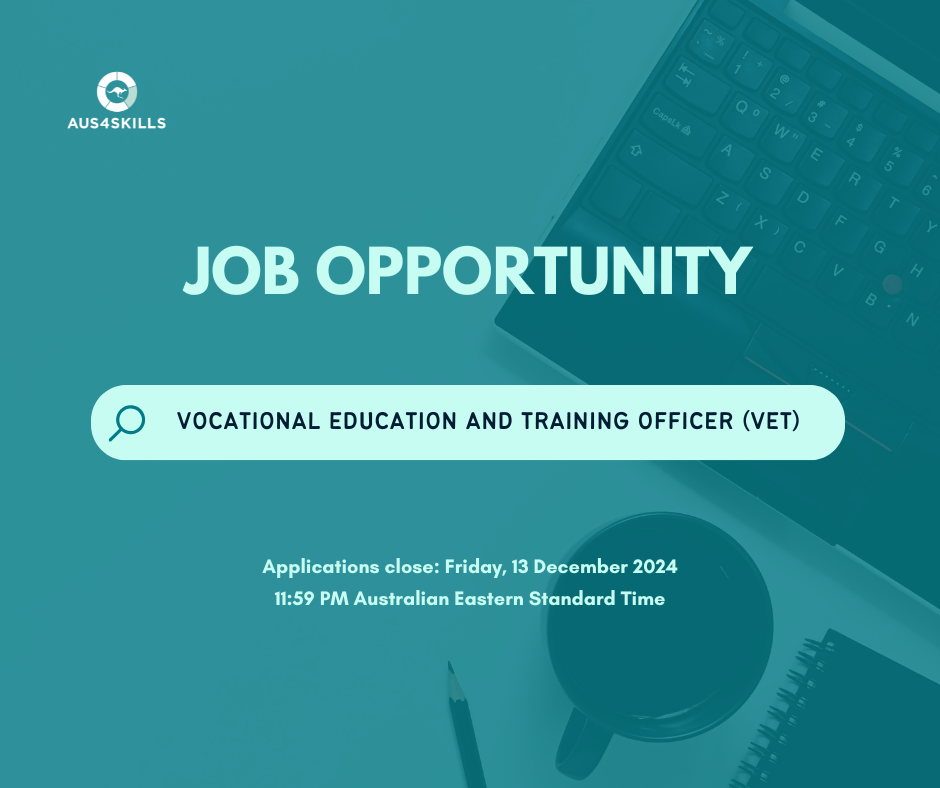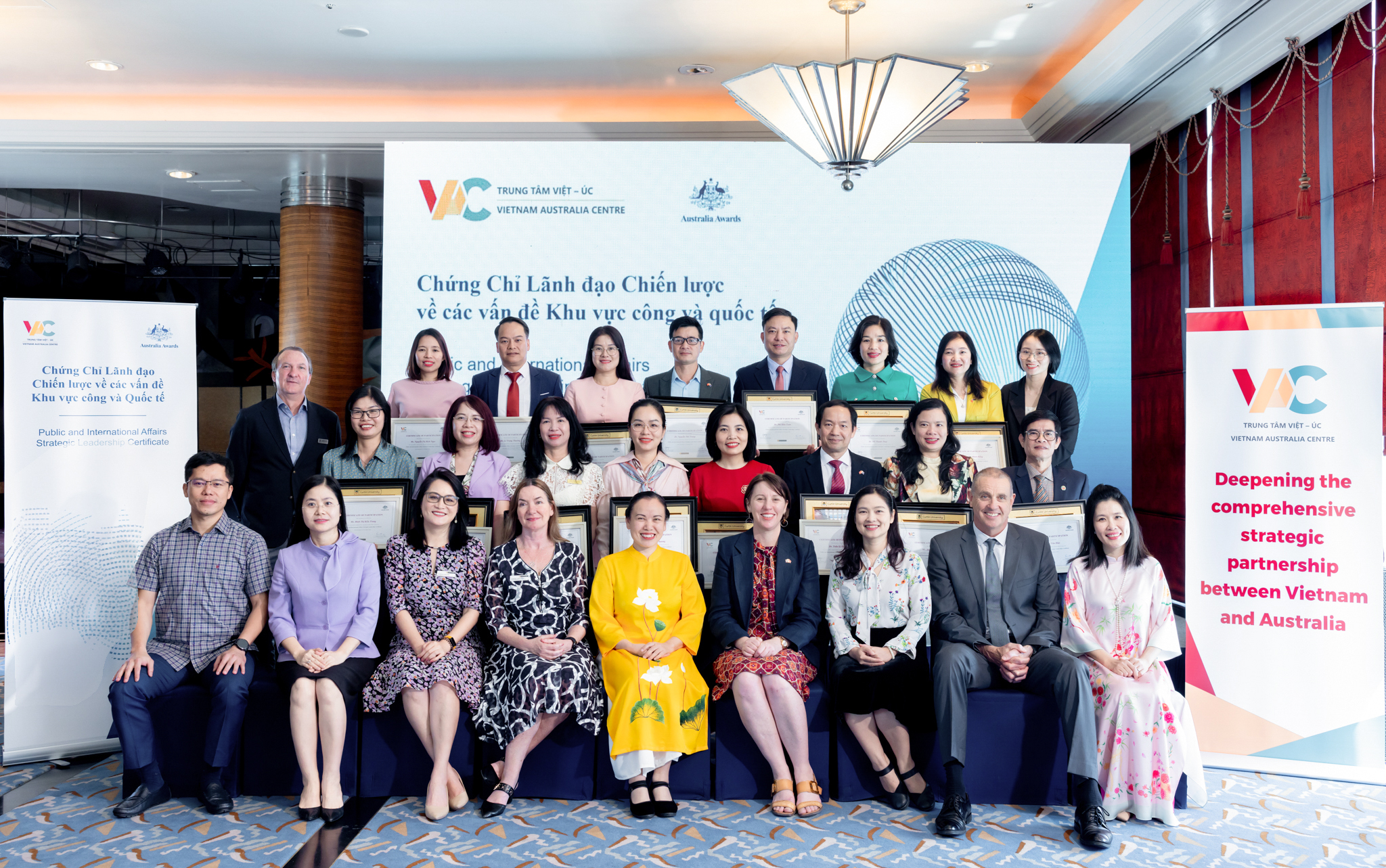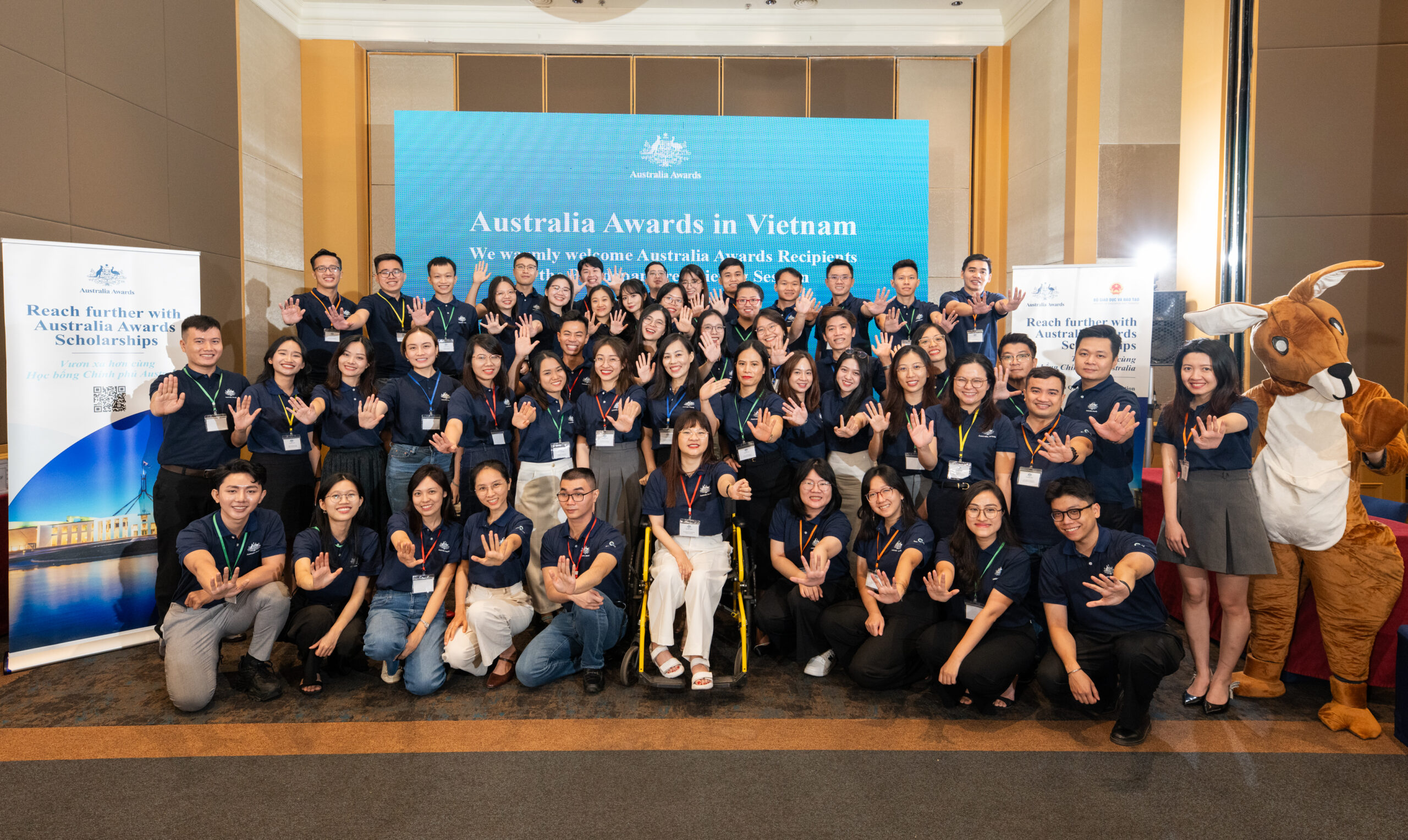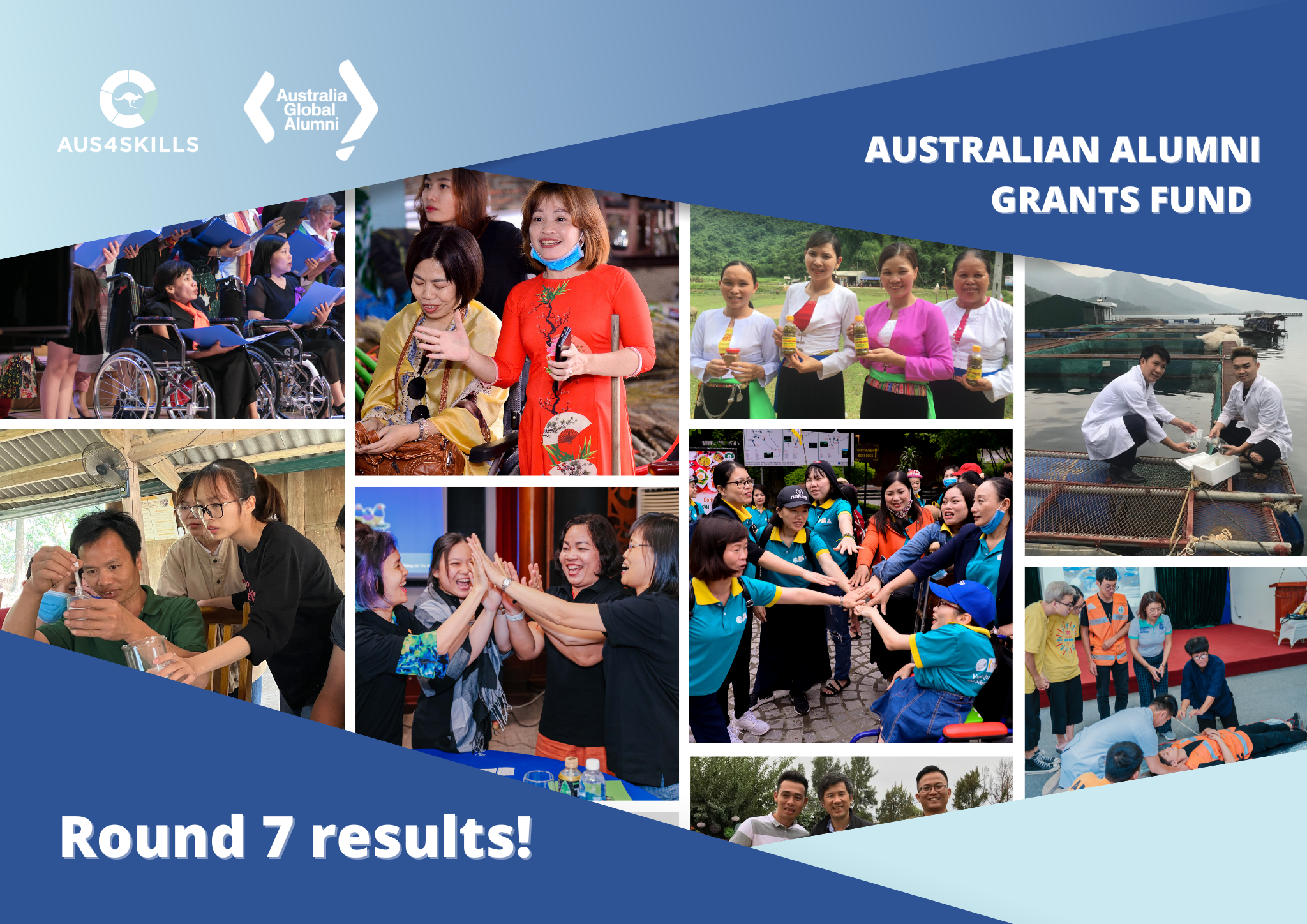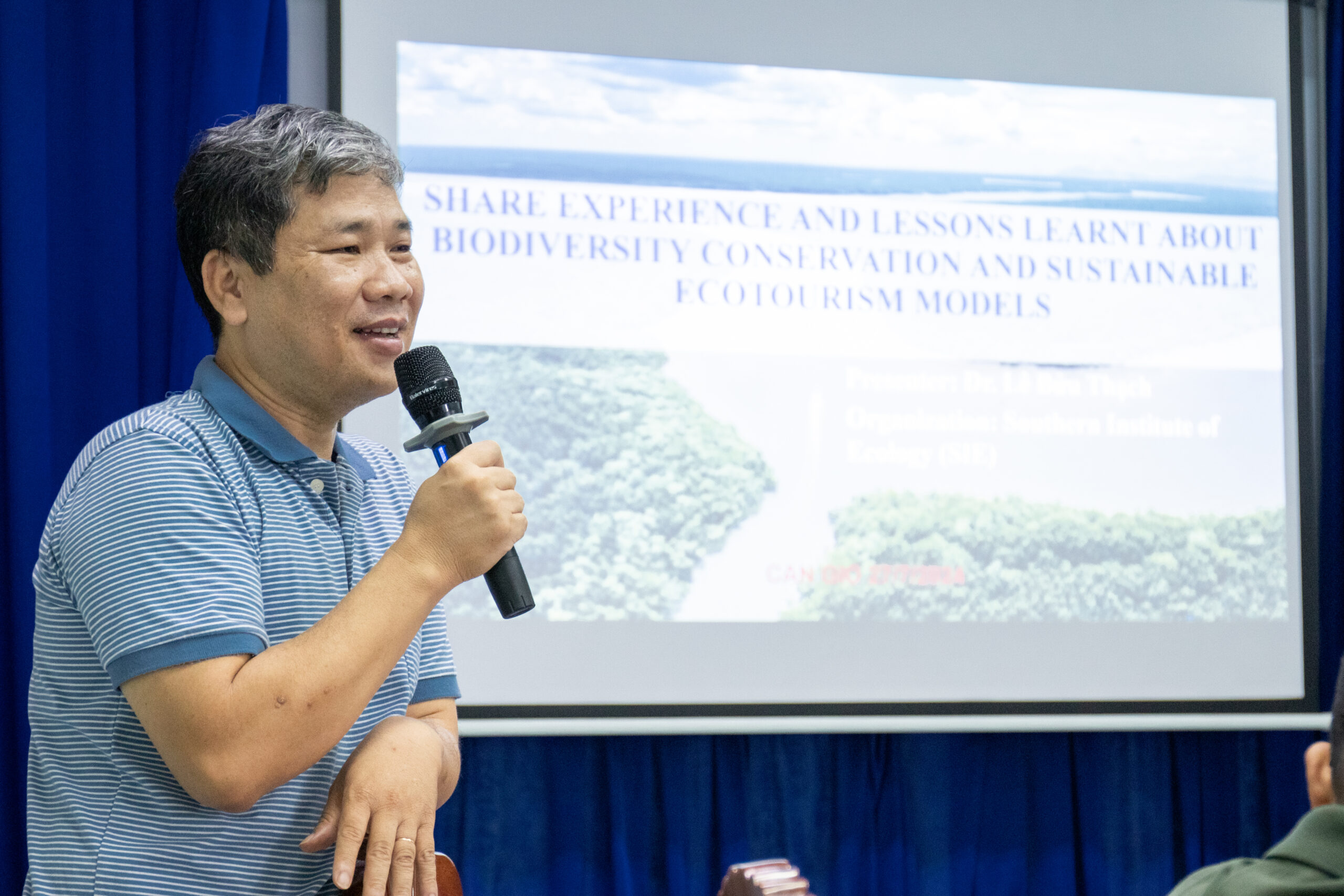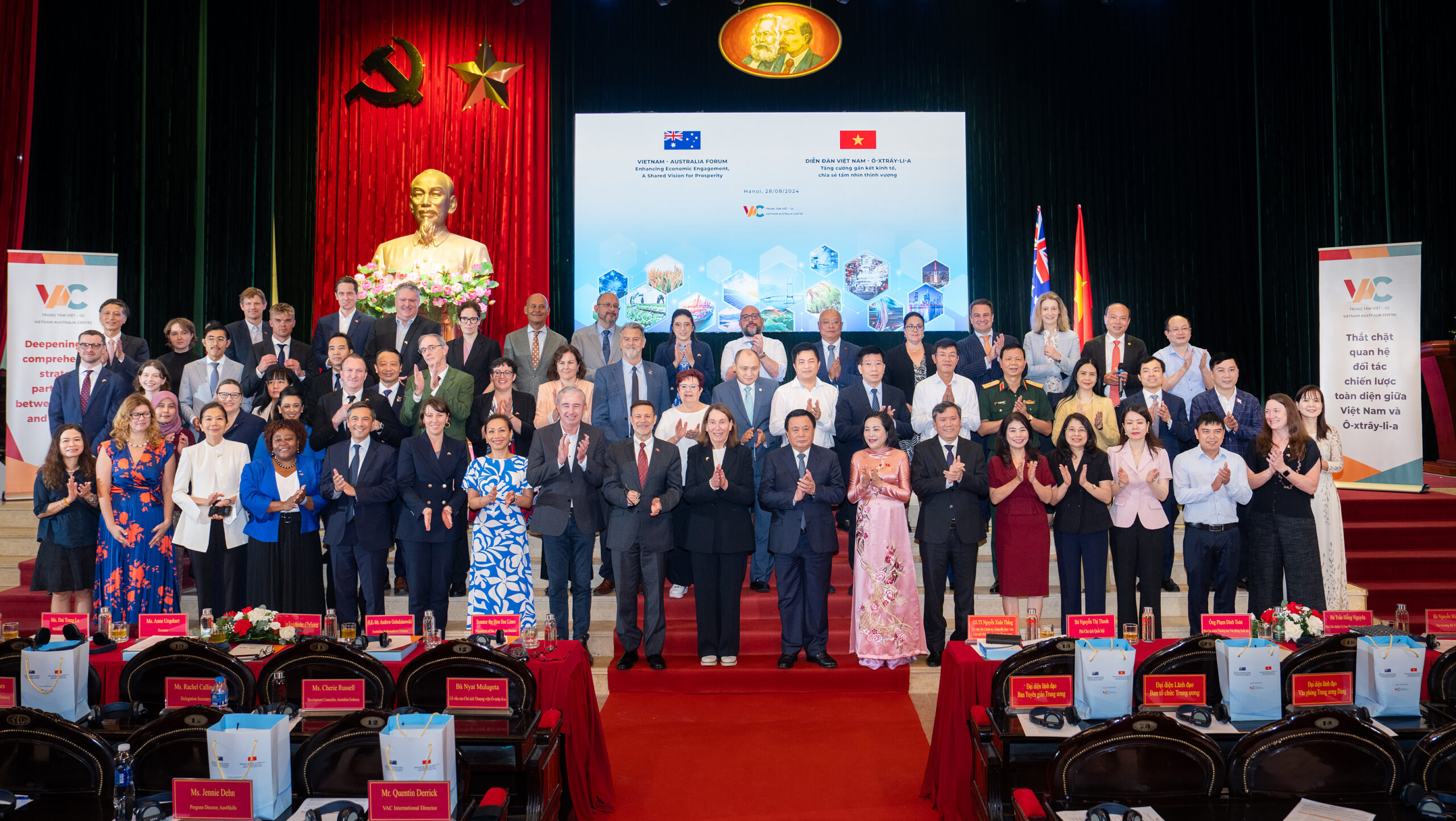
Australian Ambassador to Việt Nam, Robyn Mudie. — Photo courtesy of Australian Embassy in Việt Nam
Australian Ambassador to Việt Nam, Robyn Mudie, speaks to Việt Nam News reporter Nguyễn Thị Kiều Trinh about the relationship between the two countries in education.
Educational co-operation is one of the important developments of the Việt Nam-Australia relationship, especially in higher education. Could you please share with us some information about this?
The Australia-Việt Nam education relationship is stronger than it has ever been.
As of April this year, just over 23,000 Vietnamese were studying in Australia – 18,200 of them enrolled at Australian tertiary institutions. More than 70,000 Vietnamese are currently alumni of Australian education institutions, 6,000 of them because of generous university scholarships provided by the Australian Government since 1974.
In addition, an estimated 7,500 Vietnamese are working to gain an Australian qualifications locally through an Australian institution with a local presence, like RMIT or Swinburne University of Technology.
Fortunately, interest in gaining a new skill or qualification in a foreign country, furthering cross cultural relationships and forging new friendships, is mutual. In 2019 more than 1,000 Australians undertook study, internships and mentorships in Vietnam under the Australian government-funded New Colombo Plan.
Besides student exchange, what is Việt Nam and Australia’s co-operation in the field of education?
Australia-Việt Nam education co-operation is not limited to student exchange. Under the Australia-Việt Nam Strategic Partnership signed in 2018, both countries are committed to promoting education, training and research relationships and enhancing institutional links.
Australia is doing what it can to help Việt Nam strengthen its capability to deliver high quality tertiary education services. Through the Aus4Skills development co-operation programme, underway since 2016, we have supported Việt Nam’s university autonomy agenda and helped the Ministry of Education and Training (MOET) to implement a National Qualifications Framework for higher education. The Aus4Skills program is also helping universities in the northern mountainous region of Việt Nam improve their leadership, governance and strategic planning under Việt Nam’s Higher Education Reform Bill.
We have also worked closely with the Ministry of Labour, Invalids and Social Affairs (MoLISA) and other partners to strengthen curriculum, teaching and assessment at vocational education and training (VET) colleges and provided tools to help government, industry and educational institutions work together to identify and address critical skills gaps.
Finally, as a part of our mutual commitment to the CPTPP, Australia and Việt Nam are working together to develop Việt Nam’s capacity to regulate and deliver high quality higher education courses online – a timely exercise given the disruption caused by the COVID-19 pandemic to higher education.
How do you see Việt Nam and Australia continuing this co-operation in a sustainable way?
The Australia-Việt Nam education partnership is underpinned by strong people-to-people, government-to-government and institution-to-institution links. The deep academic, economic and cultural connections we have developed to date will undoubtedly continue into the future in a variety of ways.
Australia has a lot experience developing and implementing quality higher education and VET systems and we hope to continue sharing this experience with Việt Nam and helping support and promote the education, training and research relationships between our two countries.
The enduring academic and student links between our education institutions will similarly foster ongoing cooperation, as will the growing number of alumni of both Australian and Vietnamese institutions. One sixth of the Australia Awards Scholarship alumni in Vietnam are working in Việt Nam’s education sector, including as lecturers, academics and education managers. Activities funded by the Australian Government to help alumni in Việt Nam apply the knowledge and skills gained from their study in Australia to improve their professional practices, bring change to communities and strengthen their networks in Australia. — VNS.






